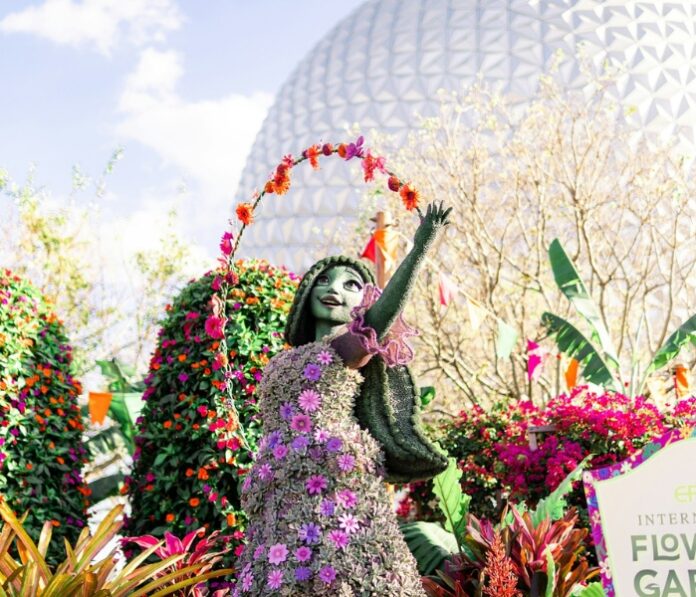In November 2021, “Encanto” was released with a respectable box office run of thirty days. In numbers, the budget of the movie was $120 million and it earned $257 million at the box office, which is technically a flop. To put it into perspective, on a similar budget, “Wreck-It-Ralph” made $496 million dollars.
However, when “Encanto” began streaming on Disney+, it received wide commercial success. And now, three years later, “Encanto” is generally considered to be one of the last good Disney movies and an absolute classic.
However, its music, written and produced in large by Lin Manuel-Miranda, created significant cultural impacts and is the main reason “Encanto” is held in such high esteem. In January 2022, the soundtrack took the number one spot on the Billboard 200, taking out Adele’s album “30.”
The smash hit and “We Don’t Talk About Bruno” hit number one in February 2022 and held the throne for five weeks. It is only the second song from a Disney animated film to reach number one.
The movie won the 2022 Oscar for Best Soundtrack and Best Animated Feature; the song “Dos Oruguitas” was nominated for Best Original Song. “Encanto” was also the first film to win all three of the Grammy’s visual media awards: Best Song Written for Visual Media, Best Compilation Soundtrack for Visual Media and Best Score Soundtrack (all awarded in 2023).
The movie also made splashes for its unconventional and modern plot line, at least for a Disney animated film. The story follows a girl, Mirabel, who lives in a family filled with magical people, but she was denied a magical “gift.” While this sounds fairly in line with Disney’s fairytale/fantasy trope, the main difference is the lack of a true “bad guy.”
The movie instead follows a complex and troubled family dynamic across multiple generations. This is spurred on by the emotionally cold Abuela, who is usually classified as the villain, but also by Mirabel’s own feeling of “out-of-placeness” in her family. “Encanto” gave us a family movie about an actual family, with all the little fights and misunderstandings and squabbles that would be found in the real world.
“Encanto” also made splashes as a cultural exploration. It is one of the only Disney animated movies to be set in Latin America (the cult classic “Emperor’s New Groove” also deserves recognition for this feat).
In a time where there is so much unnecessary emphasis on being “culturally inclusive,” “Encanto” does so with grace and ease. The story is set in colonial, rural Columbia with the animation providing us with amazing and accurate visuals of the natural landscape, architecture, clothing, and peoples of the time and region.
The movie also has a star-studded cast of Latinos. The two main characters, Mirabel and Abuela, are played by Stephanie Beatriz, born in Argentina, and Maria Cecilia Botero, born in Columbia, respectively. Columbian popstar Carlos Vives lends his voice to the “Encanto” soundtrack, singing “Dos Oruguitas” and “Columbia, Mi Encanto.”
In short, “Encanto,” while technically a flop by monetary terms, still managed to perfectly blend the old Disney magic with the modern, and newer Disney films can take notes.
